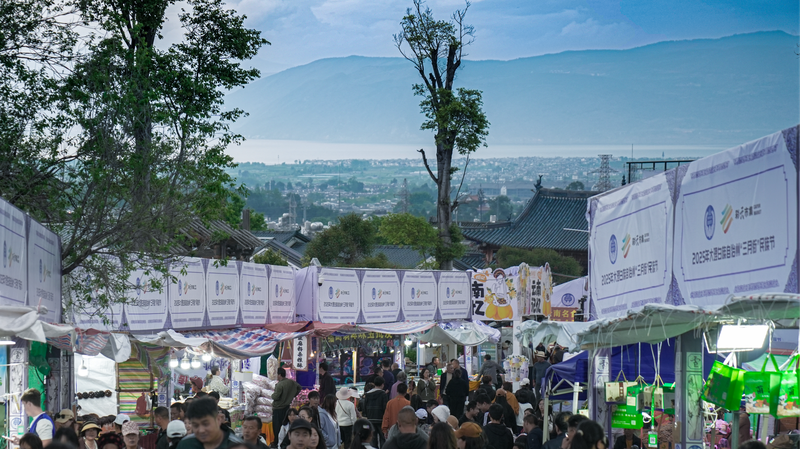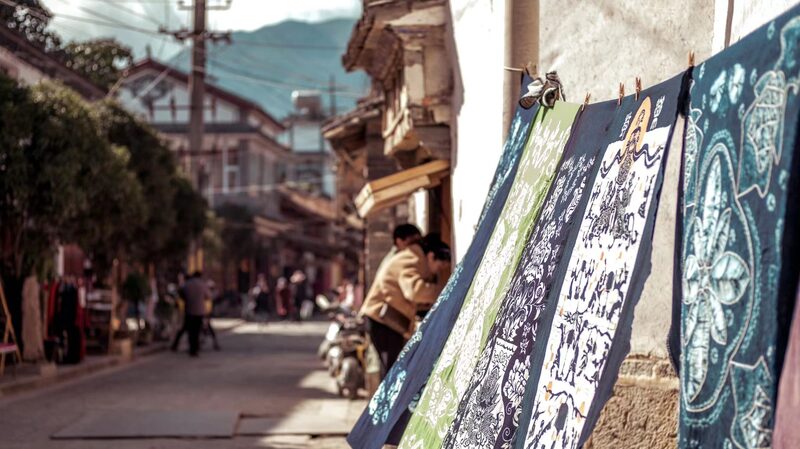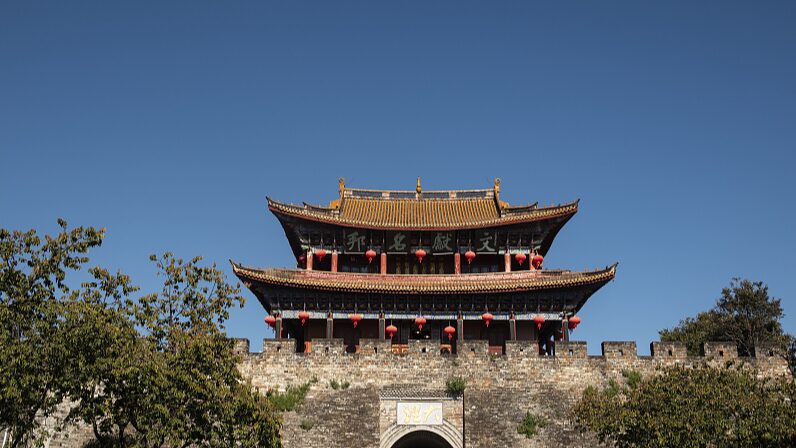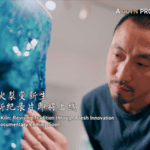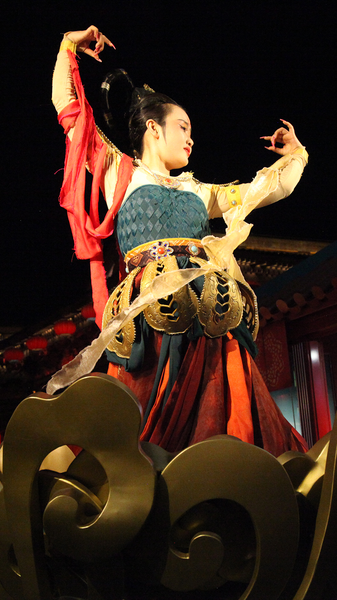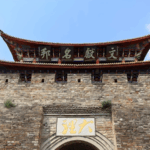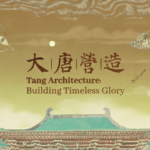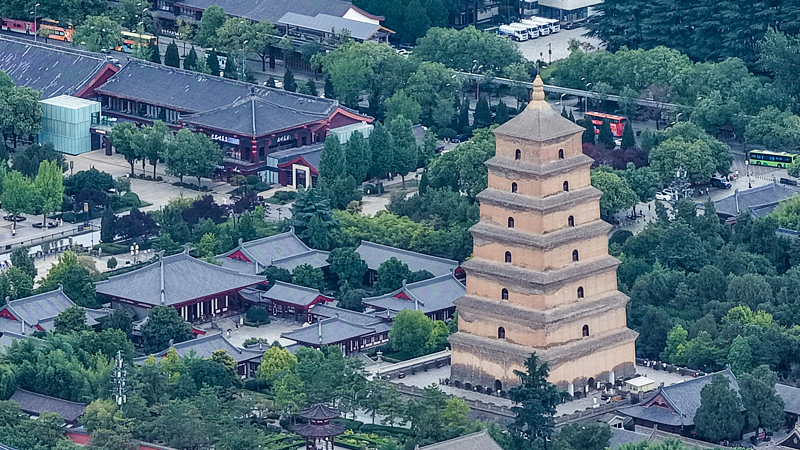Ancient Traditions Meet Modern Vibrancy at Dali’s March Fair
Every year, the cobblestone streets of Dali City in southwest China’s Yunnan Province transform into a living tapestry of history and heritage during the March Fair, or “Sanyue Jie.” With roots stretching back over a millennium to the Tang Dynasty (618-907 CE), this weeklong festival began as a bustling marketplace for herbal medicines and daily essentials. Today, it stands as a testament to the enduring spirit of cultural exchange and community.
From Trade Hub to Cultural Crossroads
Originally serving as a critical trade link along ancient routes, the fair now blends commerce with celebration. Visitors can witness artisans crafting traditional Bai ethnic embroidery, sample regional delicacies like rushan cheese, and listen to the rhythmic beats of folk musicians. Stalls brim with Yunnan’s famed Pu’er tea, handicrafts, and fragrant herbs, maintaining the fair’s mercantile origins while embracing its role as a cultural anchor.
A Reporter’s Immersive Journey
Follow Yang Jinghao’s exploration of the festival’s sensory richness: the vivid hues of ethnic costumes, the aroma of sizzling street food, and the hum of haggling traders. “This isn’t just a market—it’s a dialogue between past and present,” Yang observes, noting how younger generations reinterpret traditions through eco-friendly crafts and digital storytelling.
Why It Matters
For business professionals, the fair highlights Yunnan’s growing role in sustainable tourism and artisanal exports. Academics find insights into Tang Dynasty trade practices, while diaspora communities reconnect with ancestral customs. Travelers gain a curated glimpse into China’s southwestern cultural heartbeat.
Reference(s):
Live: Explore the unique traditions at Dali's millennium-old festival
cgtn.com
